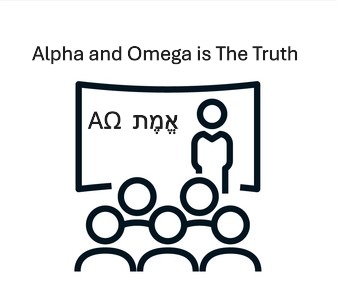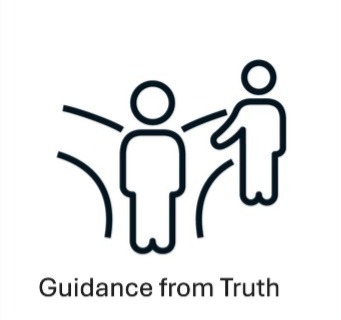Join me as we seek wisdom in understanding God’s Truth through the original languages of the Bible, and Biblical Problem Solving through counsel from His Word.

Biblical Greek and Hebrew Instruction
Online classes available! Intro. and Beginning Greek and Hebrew Classes.
New classes begin September 2025

A Shepherd’s Ponderings on Varied Topics
Note various categories on top menu: Theology, Discipleship, Growth, Book Reviews, & more!

